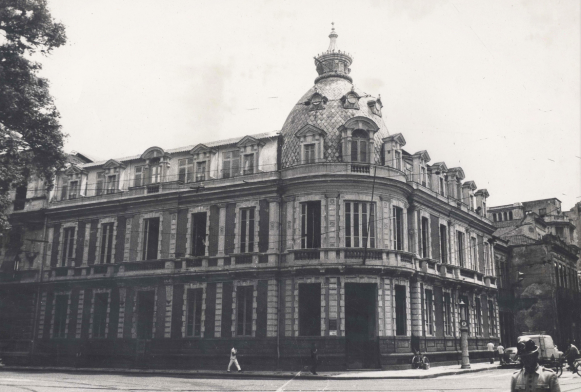The Postgraduate Program in Creative Media was conceived with a focus on the specific challenges of contemporary times in the field of Social Communication, where technological development and the proliferation of new languages directly influence the strategies of creation and production in this professional field, establishing interdisciplinary relationships in the areas of communication, arts, and technologies.
Designed for professionals in the fields of film and audiovisual, editorial production, journalism, advertising, and related areas, the program is geared towards applied research, aiming at the creation and production of textual, visual, auditory, and audiovisual content in its various forms.
The program has a duration of 24 months, including the defense of the final project, counted from the initial enrollment. There are 21 positions available annually. Classes, held in the evening, take place at the Praia Vermelha Campus of the School of Communication at UFRJ.
The master’s degree is free of charge and in-person. To obtain the master’s degree, a minimum workload of 390 hours of pedagogical activities is required, as well as approval in the qualification exam and in the public defense of the final project.
History
The inaugural class of the program took place on April 7, 2016, during the Seminar on Technologies and Languages in New Media, at the Casa da Ciência of UFRJ. The inaugural lecture was given by Lucia Modesto, an expert in animation and visual effects.

The ECO
The School of Communication at UFRJ – ECO was founded in 1967 with a purpose different from that of the time in terms of communication.
“When the school was founded, it adopted a transdisciplinarity based on philosophy and law. Therefore, the root of the school is in reflection and contemporary thought based on the humanities. Specific training aspects were added as time configured this need. But fundamentally, it is a school of thinking, reflecting, and analyzing,” says Cristina Rego Monteiro da Luz.
According to the professors, the school was born from the plurality of disciplines but in an experimental way. For them, it was a “blank slate” where they could create disciplines and shape the syllabi based on needs.
